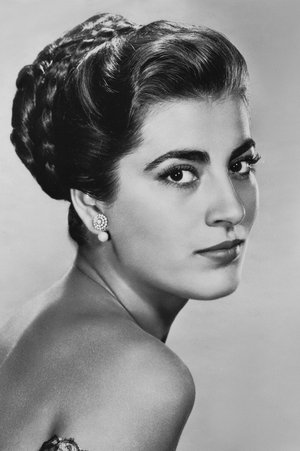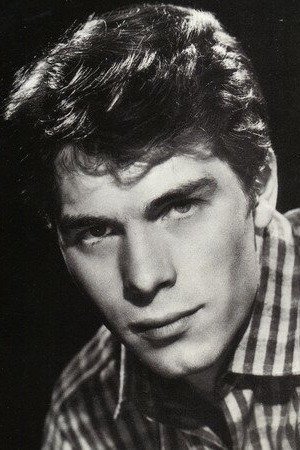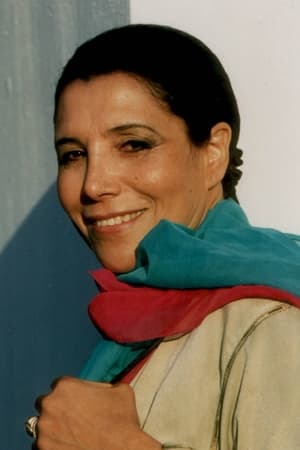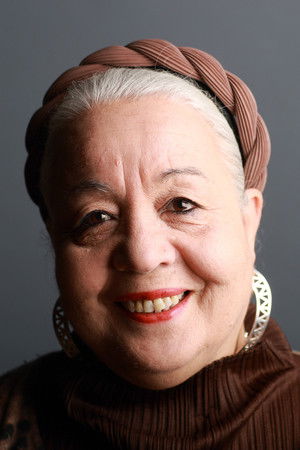
Aqueronte72
N/A
|
feb. 04, 2025
Wonderful adaptation in which Lorca's tragic poetry runs alive; Setting it in what seems like the Moroccan Atlases provides an unbeatable atmosphere that does not allow you to miss the Andalusian exoticism of the Moorish facades or the majestic Alcazaba de la Almería of the original work. The original work is respected, with only 2 exceptions: (a) that the scoundrel who steals the bride at the end is not called Leonardo Félix but Amrouch, and (b) the initial scene when Amrouch is rejected by the girl's father. bride for having only two cows as a dowry for her daughter - a beginning that is also redundant because it is implied in the development of the tragedy. Apart from that, the original work is almost completely respected. The wedding scenes are, although brief, superb; For my taste, they are only surpassed by the sublime "El Kalaa" (1988) by Mohamed Chouikh. For those who love Lorca's work, they will be filled with satisfaction by the pure Iberian and Arabic lyricism that transpires every frame per second of the film, "Don't ask me to calm down, the murderers are free there, and my dead are full of grass" says the groom's mother, the beautiful Irene Papas, although happy for her son's wedding, at the same time delirious in pain for still remembering the violent death of her eldest son and her husband.
We hear in voice-over the famous lullaby that the mother-in-law (Irene Papas) sings to the child in his room in the original work: "The water was black, inside the branches, when he reaches the bridge he stops and sings; Who will say, my child, What's wrong with water? With its long tail, In its green room. Go to sleep carnation, That the horse doesn't want to drink, Go to sleep Rose bush, That the horse starts to cry. This is Lorca's poetry, and at the end after the kidnapping, comes that of the director Ben-Barka. Disappointment falls like rain on the father of the npvia, once proud of having waited until that moment to marry well and live well from his daughter's marriage, witnessing the depressing departure of the guests from the small town. Then the sequence in the cave where the embarrassed bride in her veil and the scoundrel Amrouch finally see their patience and sensuality and longing repressed for so long fulfilled in her; her accepting what her father says and Amrouch after having married without love the cousin of his only love.The ellipsis is phenomenal when the two fugitives only draw with their moans and breathing the lust reserved until that moment, while a few meters away, the worn-out boyfriend and his pained mother listen to the banquet of both of them, disengaged between the sound of the wind and the sounds. night crickets perhaps under the Moon. The insane eyes of the boyfriend chasing with the rifle in the dunes, at the ready, boiling with anger is a scene that majestically finishes the crime and disappoints everyone. With the inhospitable habitus of the desert, mystical or symbolic parts such as the Moon and knives are compensated.








